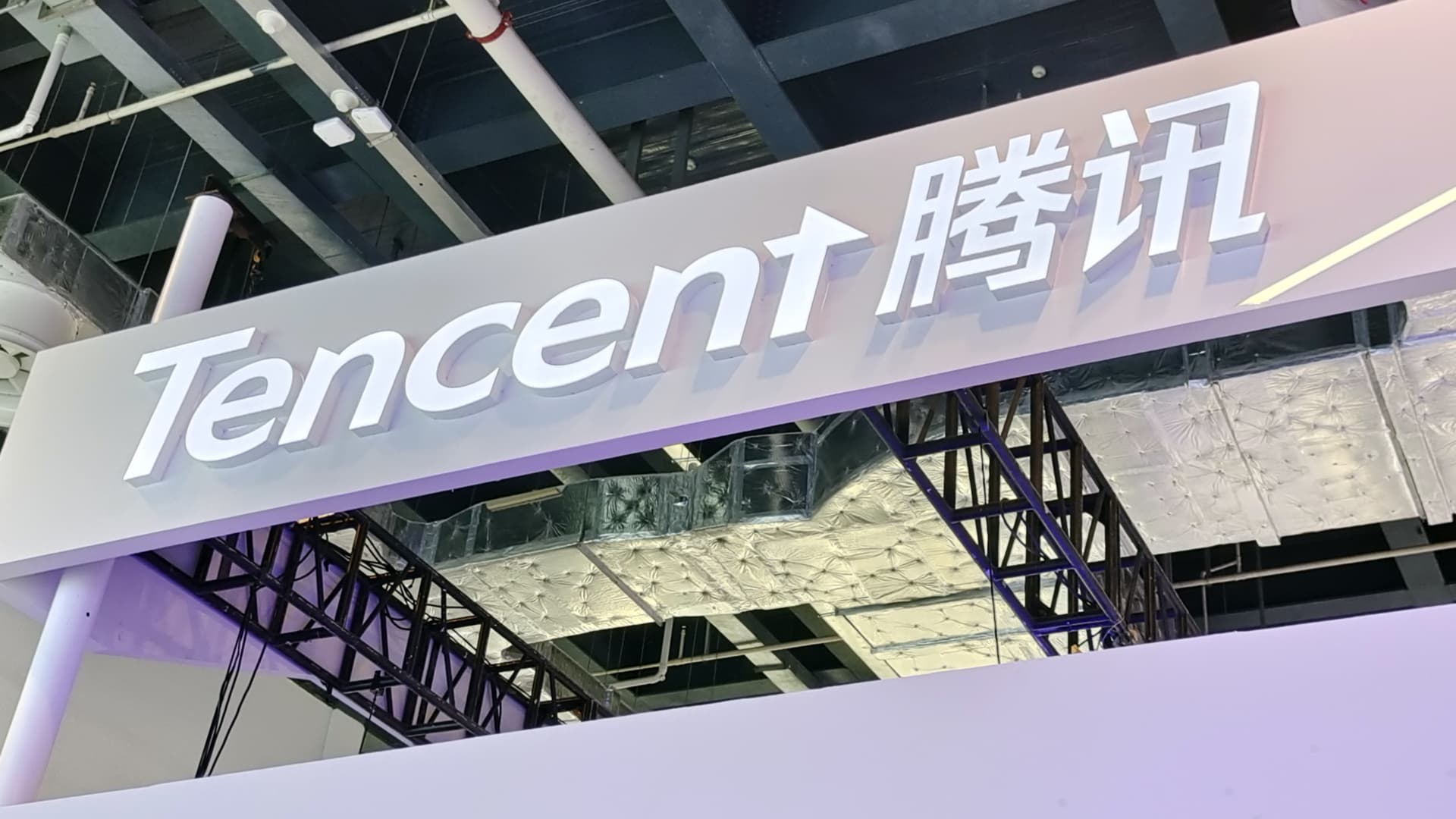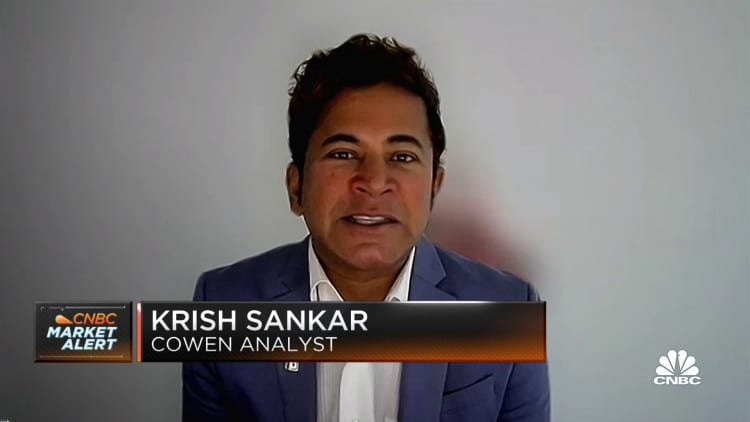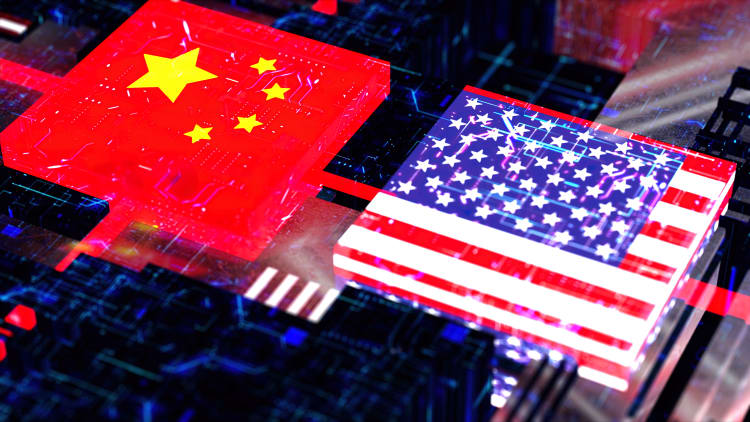

Tencent showed off its tech at the 2023 World Artificial Intelligence Conference in Shanghai, July 8, 2023.
Nurphoto | Nurphoto | Getty Images
Chinese tech giant Tencent is launching its artificial intelligence model “Hunyuan” for business use at an annual summit on Thursday, Dowson Tong, CEO of the cloud and smart industries group at Tencent, told CNBC in an exclusive interview ahead of the event.
The news comes days after Baidu revealed a slew of AI-powered applications on Tuesday in the wake of more supportive regulation.
Tencent has said it was internally testing its Hunyuan AI model on advertising and fintech. The gaming and social media giant is also set to release an AI chatbot on Thursday, the company said in an online post.
Tencent is integrating Hunyuan’s capabilities with its existing products for video conferencing and social media, Tong told CNBC.
The company operates WeChat, a widely used messaging and payments app in China, and video conference platform Tencent Meeting.
Baidu and several other Chinese companies received the green light in the last few weeks to release AI-powered chatbots to the public.
Similar to ChatGPT, the bots purport to respond to queries in a human-like, conversational fashion — but primarily in Chinese. Some, such as Baidu’s Ernie bot, also convert text to images and video, with the help of plugins.
OpenAI’s ChatGPT isn’t officially available in China. The chatbot releases follow new Chinese regulation on generative AI that took effect Aug. 15.
When asked about the rules, Tong pointed out that such artificial intelligence is so new that no one knows what impact it will have on society.
“It’s prudent to put in some guardrails in place,” he said. That will help make sure the technology or the services being offered are of high enough quality so they don’t create and distribute false information, he said.
Chinese authorities said the “interim” rules that took effect last month would not apply to companies developing the AI tech as long as the product was not available to the mass public.
That’s more relaxed than a draft released in April that said forthcoming rules would apply even at the research stage.
Development constraints
While Beijing has shown it is more supportive of generative AI than initially feared, Chinese companies also face U.S. restrictions on obtaining advanced semiconductors. The most cutting edge versions of the high-tech chips, known as graphics processing units (GPUs), allow companies to train AI models.
“The constraint that we’re facing will hinder the progress, the speed of development,” Tong told CNBC in response to a question about U.S. restrictions.

He noted demand for computing power overall far exceeds supply in China. To mitigate the shortage, he said companies are “focusing on specific use cases, building models of the appropriate size.”
“And we are hoping that the supply of the GPU compute will be larger in the coming months, and therefore the development of these technologies can get faster.”
AI for business
Tencent is just one of many companies in China — ranging from startups to phone maker Huawei — that have rushed to announce AI products this year. In August, Alibaba announced it was opening its own AI model to third-party developers.
Artificial intelligence requires industry-specific training for the technology to generate value, Tencent’s Tong said. He listed business use cases in tourism, finance, public services and customer service.
“We believe many different customers, in fact, would benefit more by leveraging open-source models and use their own enterprise data to train for their own models to meet the very specific needs in their industrial use cases,” he said.
That designated use can also help with data protection, he said.





